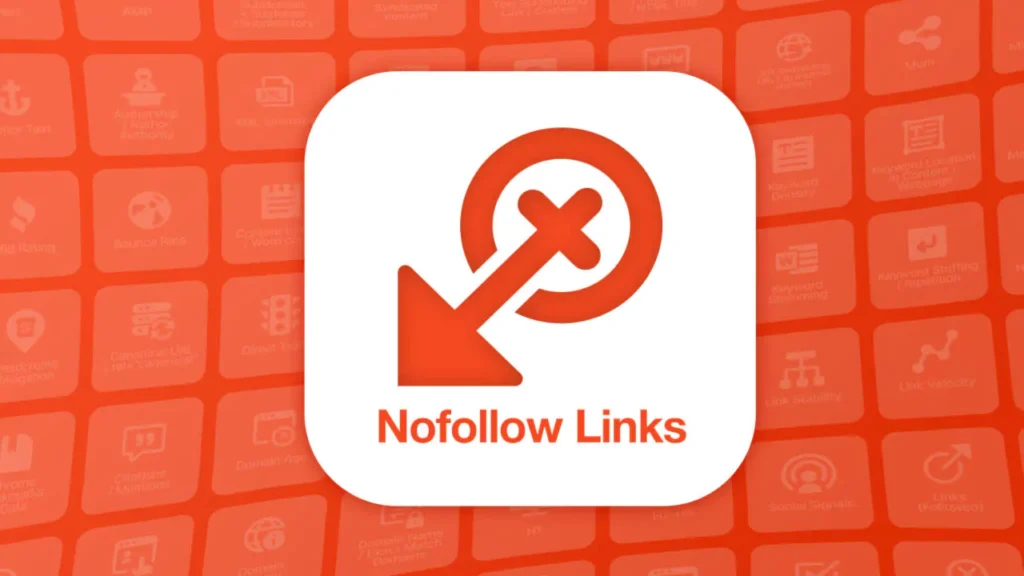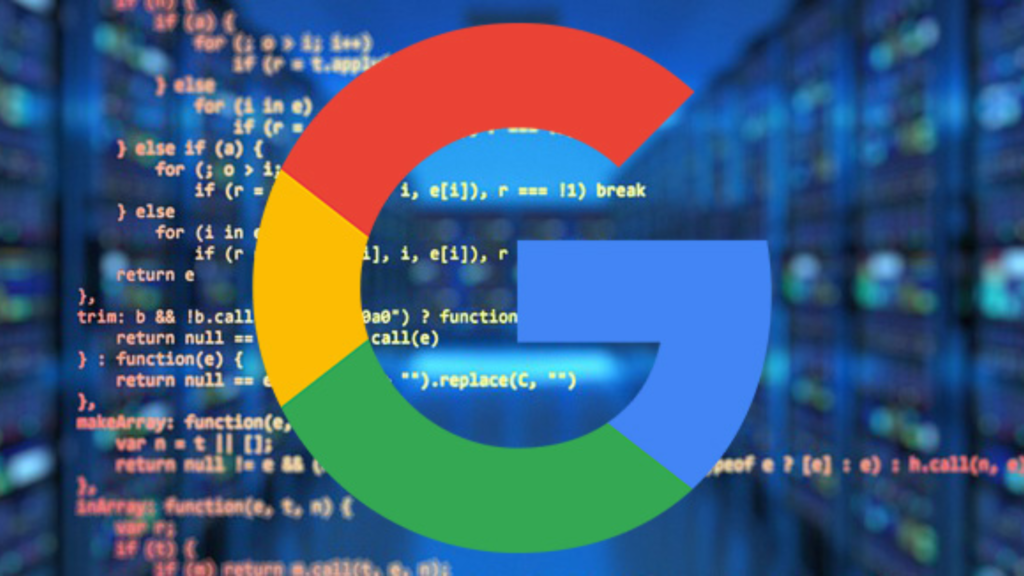Many internet marketers experience a surge of anxiety when encountering a Nofollow link. On the surface, these links appear inconsequential, offering no direct SEO benefit or ranking boost. So, the question arises: are they detrimental, or do they blemish a backlink profile?
Generally, nofollow links do not have an impact. Today, nofollow is only a suggestion though and not a directive. We have no idea which links Google is actually as nofollow and which they are not.
That being said, in that high of a ratio, it could be a negative signal. That would be a sign to me that most of your links are likely spam. Stuff like blog comments, forum links, profile links, social bookmarking, etc.
It’s not always the case, but often.
What is the Difference between Follow and Nofollow Links?
In the realm of SEO, backlinks act like virtual endorsements, boosting a website’s ranking. Imagine it as a recommendation letter – another website sees value in your content and recommends it to their readers. This trust signal tells Google you’re on the right track. SEO specialists prioritise acquiring high-quality, “white-hat” backlinks to climb the search engine ladder.
Google measures the weight of these incoming links through a metric called PageRank. In SEO circles, you might hear the term “link juice,” referring to the points earned through backlinks. The higher the authority and rank of the linking website, the more link juice you receive.
These are “follow” links. NoFollow links, on the other hand, offer no direct SEO benefits. Their HTML code includes a “nofollow” tag, indicating to search engines that they should be disregarded. This tag essentially tells Google to ignore the link’s influence on ranking.
So, why do Nofollow links exist? Their primary purpose is to curb spam tactics used to artificially inflate PageRank. While not foolproof, they’ve helped combat spam in blog comments and other areas.
NoFollow links are typically found in paid links, comments sections, forums, and other areas Google deems “untrusted.”
Although they may not directly impact SEO ranking, Nofollow links still hold value. They can drive traffic to your website, promote brand awareness, and contribute to a natural backlink profile, enhancing your overall online presence.
Right, so Nofollow Links = Bad, Right?
While Nofollow was originally implemented to combat spam, their functionality extends far beyond that. In the grand scheme of SEO, a single Nofollow link won’t make or break your strategy.
Google has repeatedly said that ‘Typically, nofollow links cannot hurt your site’. The problem is that people twist this so they can rush off to write articles on how ‘Nofollow links could potentially hurt your site!’. We then end up with a lot of bullshit flung around based on one statement. Matt Cutts often was prompted on this when Nofollow links came in – and the truth is he was probably referring to the missed opportunity of a dofollow vs nofollow.
John Mueller has made many statements on nofollow links and how they have no power. So that’s the official line.
The reason I doubt this is because I’ve had sites get nofollow links from big articles and still get significant increases. You can argue this is knock-on affects from prominent links – and it could well be. I’d be really happy to accept being wrong on this. But my personal opinion is more cynical:
Google states ‘no impact’ while I believe it’s ‘heavily limited’ and still some impact
Numerous other SEO practices can effectively boost your ranking. However, underestimating the power of Nofollow links would be a mistake.
A single Nofollow link can significantly boost website traffic, lead generation, and conversions, ultimately driving business growth.
It’s a bit of a myth that NoFollow links are not useful at all for SEO, you can do a quick search for an interesting study by SEMrush, called ‘Are Nofollow Links Actually Good For SEO?’.
They found a lot of interesting stuff but perhaps most interesting was the fact that #1 ranked web pages on Google have an average of about 20%-40% nofollow links pointing to that page – so Google must at least look at them if nothing else.
How is this possible, I hear you ask?
While Nofollow links might not directly impact SEO ranking, they offer significant benefits beyond the search engine realm. One key advantage is their ability to drive referral traffic. Links, as mentioned, act as virtual endorsements, regardless of their follow or NoFollow nature.
This gets confused by the received wisdom that is ‘if you pay for a link, NoFollow it’. I’m not sure how this would interact with it all, but NoFollow links do have to carry some weight.
Major news outlets, Wikipedia, and many high profile publishers that send out strong ranking signals NoFollow every link as standard. Despite this, a link from these pages has tremendous value. Google can’t ignore these links, as they come from sites with rigorous editorial standards – the content on the far end had to be good.
So in actuality it’s complicated. It’s likely Google treats NoFollow contextually for different sites. It likely ignores NoFollow on major news sites except in its basic function, and counts the link regardless. Meanwhile, on a blog that always links to brands for cash, it probably ignores the link when calculating ranking anyway, and the NoFollow cements this.
When a reader clicks on a link, they’re essentially expressing their interest in your content, regardless of the link’s SEO impact. This click, in itself, is a valuable bonus, regardless of the lack of direct ranking boost.
Think about Twitter, where links are NoFollow by default. How many times have you clicked a tweet based solely on the intriguing headline? These seemingly insignificant clicks contribute to building brand awareness. As Nicole Kohler aptly summarised in her Moz article, links create a powerful equation:
A (Awareness) + E (Engagement) = P (Profit!)
Even a single click from a Nofollow link on Twitter or a blog comment can spark this equation by driving initial awareness. Once you have a visitor, the next step is to engage them through captivating content and ultimately convert them into a paying customer.
Furthermore, while social media links might be Nofollow, they are undeniably effective in driving traffic. Traffic, in turn, leads to potential leads, which ultimately translate into conversions.
Nofollow links can pave the way for future follow links. For example, a Nofollow link on a high-authority website can lead to a follow link from another website that trusts the source.
Therefore, dismissing Nofollow links as irrelevant would be a shortsighted approach.
Final Thoughts
From a reader’s perspective, a link is simply a link, regardless of its follow or Nofollow nature. They click on it based on its relevance to their interests, not its technical specifications.
This inherent value underscores the importance of maximising the potential of Nofollow links by ensuring they are relevant and point towards high-quality content that resonates with your audience.



